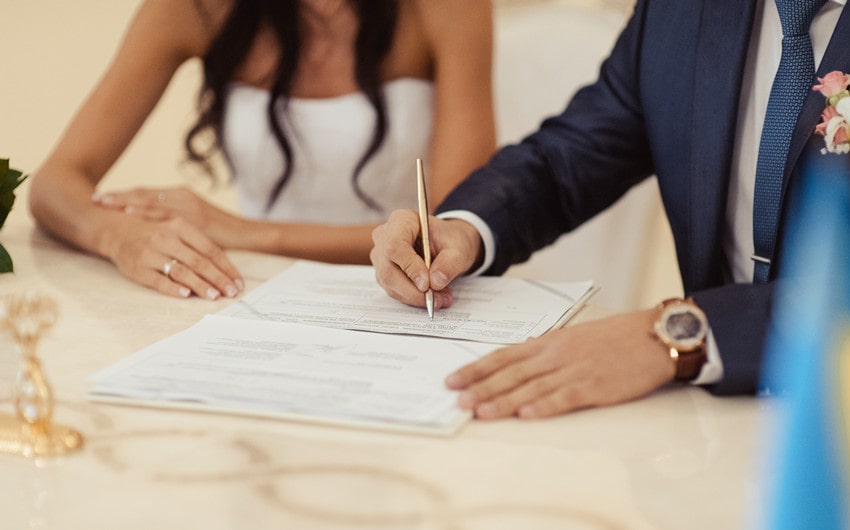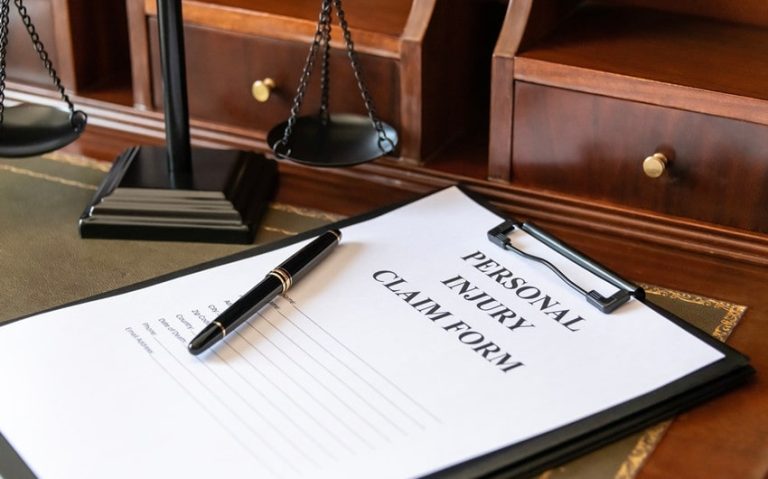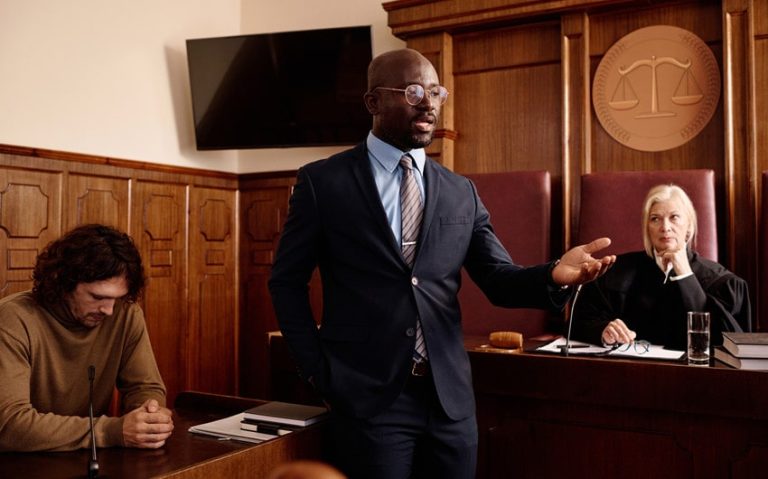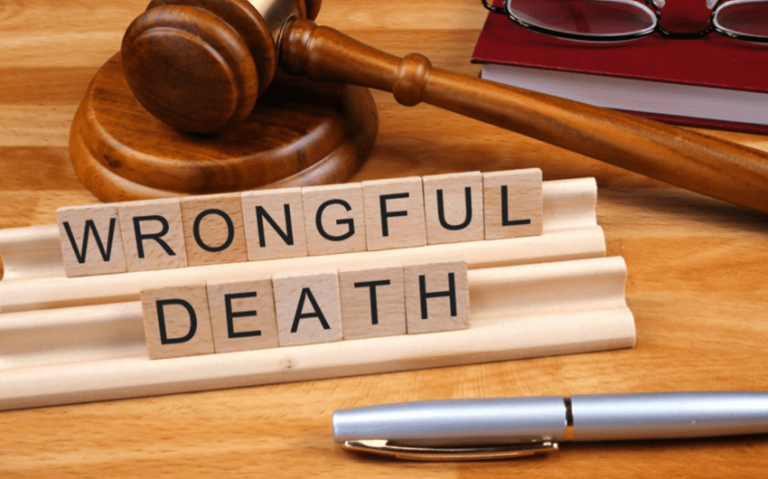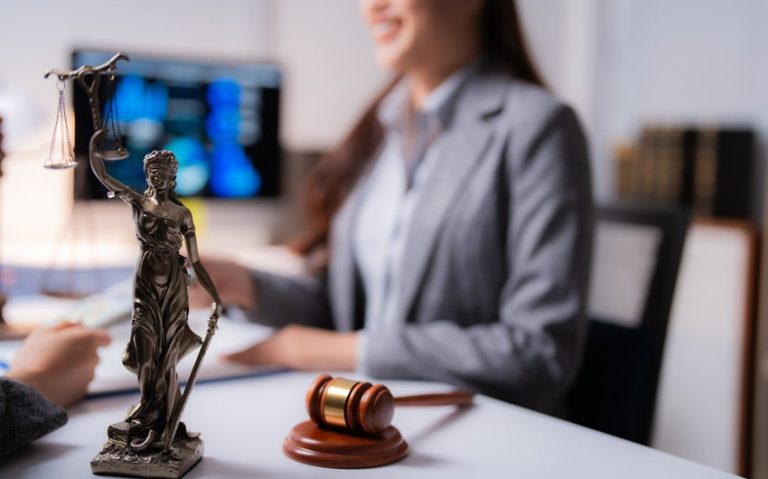Confidential Marriage License Rules Every Couple Should Know Before Saying I Do
Not all marriage licenses are created equal. Some couples prefer a bit more privacy when it comes to their special day, and a confidential marriage license provides that option. If you’re thinking about getting married and wish to keep the details private between you and your partner, this type of license may be the perfect choice for you.
A confidential marriage license allows two individuals to legally marry without publicizing their license. This type of license differs from a regular one and is not available in every state, though it is popular in some states like California.
What Is a Confidential Marriage License?
A confidential marriage license is a legal document that permits two people to marry privately. Unlike a public license, the records associated with a confidential marriage license are not accessible to the public. This means that friends, family, or strangers cannot find your marriage record online or at a government office.
People often use this license to maintain privacy in their lives. It is also utilized in specific situations, such as when someone is escaping an abusive past or wishes to avoid family conflict.
Important Rules to Know
There are a few key things to understand before you apply:
1. You must live together before applying. This is a special rule for confidential licenses.
2. No witnesses are required at the wedding. You still need someone to officiate, such as a judge, minister, or other authorized official, but no additional people are necessary.
3. The record is private. Only the couple can request a certified copy of the license. Others can’t see the document unless there’s a court order.
4. You must get married in the same county where you get the license. This differs from a public license, which allows you to marry anywhere in the state.
How to Apply
The process is simple:
1. Go to the County Clerk’s office in California.
2. Bring your IDs (like a driver’s license or passport).
3. Fill out the application and sign a statement saying you live together.
4. Pay the fee (usually around $90–100).
5. Receive your license and get married within 90 days.
After the ceremony, your officiant will return the license to the Clerk’s Office for official recording.
Pros and Cons
Pros:
1. Privacy: Your marriage record stays private.
2. No witnesses needed: It’s perfect for quiet or straightforward ceremonies.
3. Quick and easy: The process is often faster than getting a public license.
Cons:
1. Only in certain states: This may not be an option.
2. Harder to prove marriage: If you lose your copy and need to prove your marriage for legal reasons, it could be more difficult.
3. No public record: Some couples may want the recognition that comes with a public record.
When Is It a Good Idea?
A confidential license makes sense in several situations. For example:
1. If you’re a public figure and want to avoid media attention.
2. If you’ve been in an abusive relationship and need to stay private.
3. If this is a second marriage, you want to keep it low-key.
4. If you prefer to keep personal matters private.
Myths and Misunderstandings
Some people think a confidential license means a secret marriage. That’s not true. It’s still a legal marriage, and you still need an officiant. Others believe it’s only for celebrities, but that’s also false. Many regular couples choose this option for different personal reasons.
Final Things to Know
Before applying, make sure you understand your state’s rules. Talk to a legal professional if you’re unsure what’s best. It’s essential to choose what works for your relationship and your plans.
Conclusion
A confidential marriage license is a smart option for couples who want privacy and simplicity. Knowing the rules beforehand helps you avoid surprises and smooth the process.

